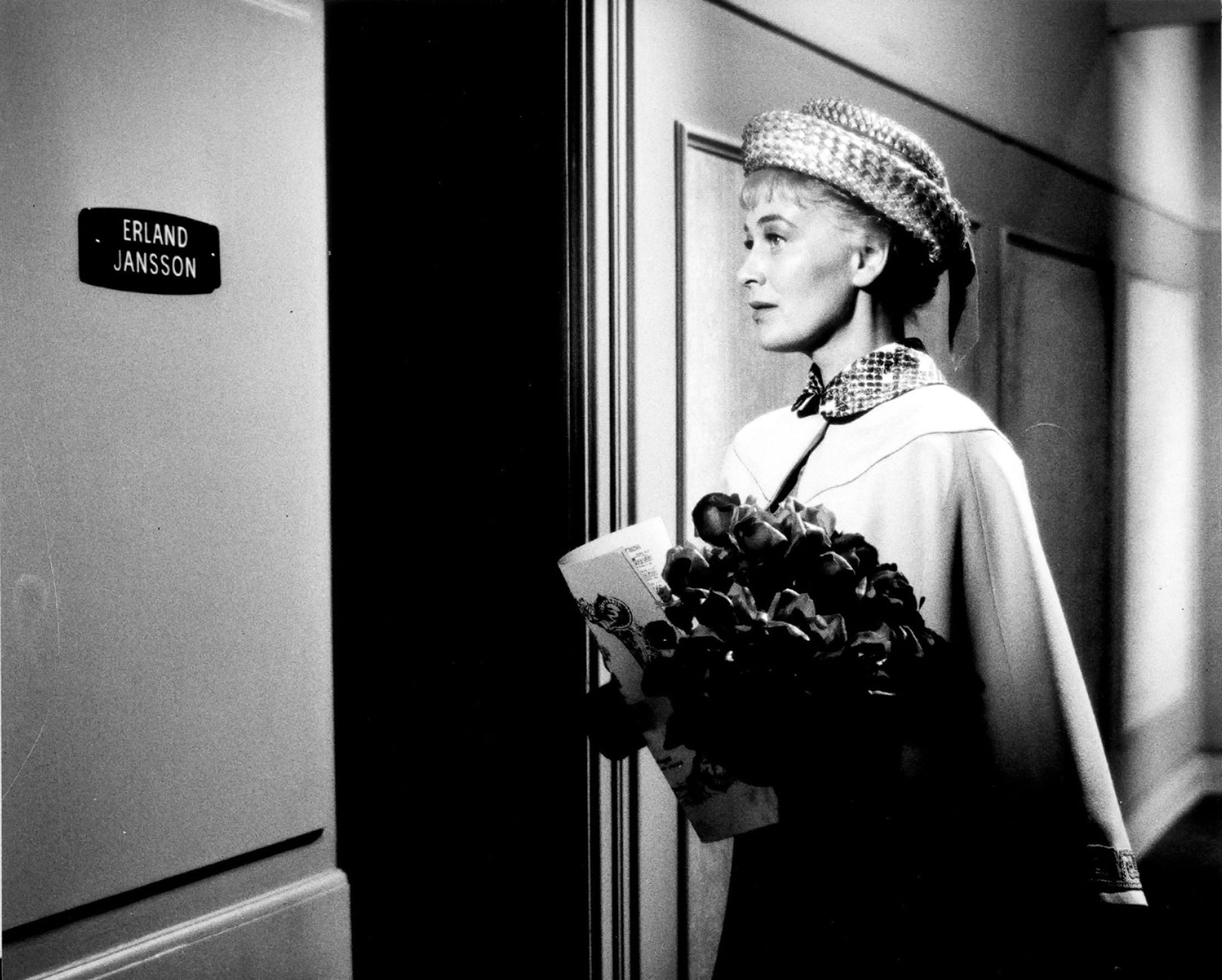Rigorous and Austere
Carl Dreyer’s Gertrud (1964) is one of the most demanding classic films you’ll ever see. At the Cannes Film Festival, many in attendance walked out, apparently finding it too painful to watch. At the New York Film Festival, Dreyer was booed when he stood up in the director’s box. You might wonder what profanity, chaotic editing, or wild camera movements might elicit such an extreme response. In fact, the offense was in the opposite direction. Following the general U.S. release of Gertrud in 1966, a New York Times review slammed the film for its overly restrained style:
Its slowness will not surprise those familiar with Dreyer. His tempos have always been deliberate. But here his camera movement and his editing defy the minimal drama in the script. In dialogue the camera often travels back and forth from face to face, instead of cutting from one to the other. “Direction” frequently consists of having characters rise from one sofa, move slowly to another, then sink. Nothing that can be done at length is ever suggested.
Today, there’s a growing recognition that Gertrud may be Dreyer’s masterpiece. This is a work that doesn’t compromise in any way. It’s unusually measured and highly stylized. As if in a trance, the characters speak, but rarely look at each other. Don’t be put off by this mannered approach — stick with it. The severe style allows you to focus in on the characters, to study who they are and what they’re really saying. Look for small revelations in the subtle movements of the characters, as they interact with each other and their sparse surroundings. Like Ozu and Bresson, Dreyer pares everything down to the bare essentials. In this, Dreyer’s final film, what’s left is the barest of the bare.
Filmmaking this extreme is at odds with the cinematic excesses best exemplified by Federico Fellini. Yet this is what Fellini had to say about Dreyer and his pared-down approach:
I know only a few of his films, but I remember being enthralled and bewitched by the extraordinary imaginative force of this great master who contributed so decisively to making film an authentic act of art and expression. The films of Dreyer, so rigorous, so chaste, so austere seem to me to come from a distant, mythical land, and their creator a kind of artist-saint, but it is also true that I find in these films a familiar dwelling place where an artistic vocation has been completely lived, experienced, and expressed.
Gertrud is the story of a woman who refuses to compromise in her search for genuine, unselfish love. The theme reflects Dreyer’s own struggle to attain an uncompromised vision of his artistic intent. Not wanting to give away the ending, let me just say that Gertrud’s free-will journey and contentment with her decisions may parallel Dreyer’s coming to terms with his artistic choices and unique body of work.
Gertrud
(1964; directed by Carl Theodor Dreyer)
The Criterion Collection (DVD)
Monday, June 6 at 4:15 a.m. eastern (late Sun. night) on Turner Classic Movies
Reviews